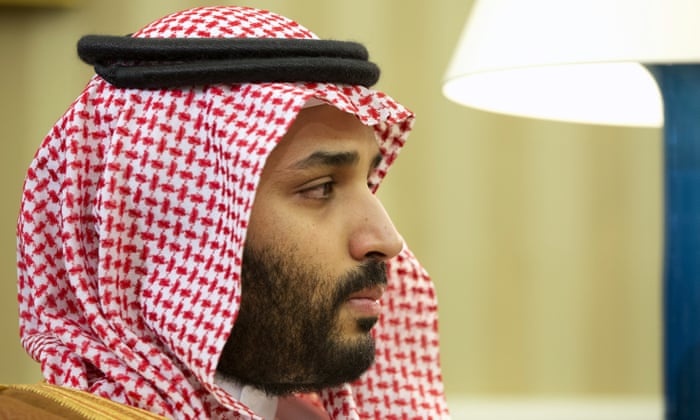Rights group: Nigerian soldiers kill hundreds of Shiites
Thursday, December 24, 2015
No comments
Hundreds of Shiite Muslims were killed by Nigerian soldiers and buried in mass graves in an "unjustified" attack earlier this month, Human Rights Watch said Wednesday.
Nigerian soldiers killed "at least 300" members of the radical Islamic Movement of Nigeria (IMN) earlier in December when they fired "without any provocation," said the New York-based rights watchdog in a statement.
Witnesses said that the soldiers of Africa's biggest economy disposed of hundreds of bodies by throwing them in mass graves, making it difficult to establish an accurate death toll, according to HRW.
The violence erupted on December 12 when members of the minority Shiite group erected a makeshift road block during a religious procession, blocking the path of a Nigerian army chief.
"It is almost impossible to see how a roadblock by angry young men could justify the killings of hundreds of people," said Daniel Bekele, Africa director at HRW.
"At best it was a brutal overreaction and at worst it was a planned attack on the minority Shiite group."
The Nigerian army, which has not released an official death toll, denied HRW's charges.
"The allegations are not true," said Nigerian army spokesman Sani Usman to AFP.
"It is therefore presumptuous and clearly out of context for anyone to make such unsubstantiated allegations or comments," said Usman.
"The incident between the Nigerian army and the Islamic Movement of Nigeria has been reported to the appropriate agencies who are investigating the issue."
Last week, the Nigerian government set up a judicial commission to investigate the deaths.
The Nigerian army had accused the Iran-backed sect of "a deliberate attempt to assassinate" army chief of staff Tukur Buratai, releasing footage of the crowd hurling stones at his military convoy.
- Fears of new threat -
The allegations come amid fears that the violent clashes between the Shiite group and Nigeria's army will unleash a new Islamic threat in a country still battling Boko Haram militants.
IMN leader Ibrahim Zakzaky, the charismatic founder of the group, was seriously wounded and remains in police custody, while his deputy was killed in the army crack down.









































